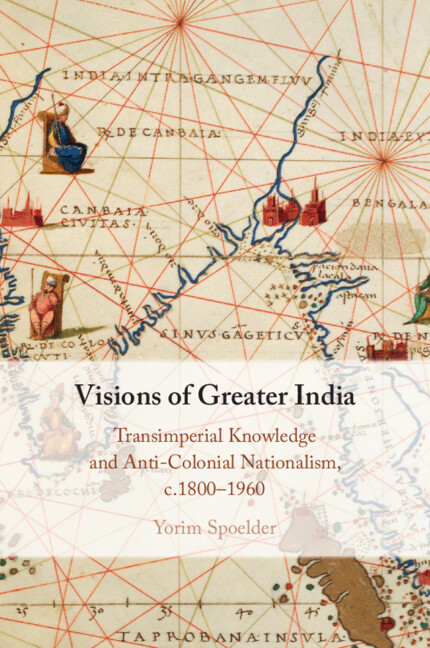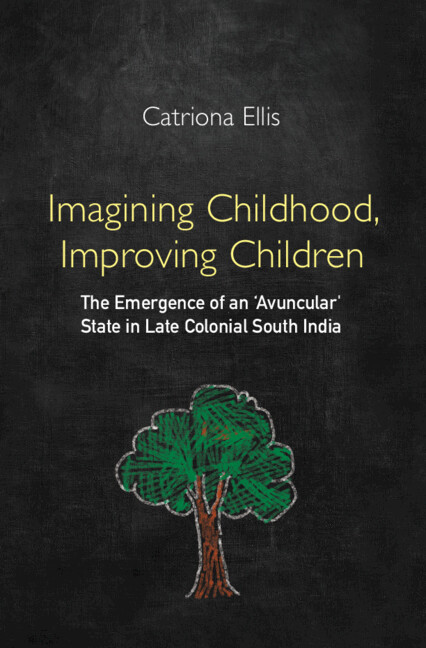Imagining Quit India
This book traces an emotional and revolutionary history of the Second World War, through the prism of the Quit India Movement in Bengal. While this last mass-movement of colonial India echoed at an all-India level, Bengal was exceptional in the 1940s due to its geostrategic position after Japan's entry and Calcutta's industrial base. Rooted in the domestic and international context of War, the author explores three interconnected themes – that the Quit India movement in Bengal was not so much the product of 'war of ideas', but was imagined and sustained by a complex synthesis of both Gandhian and revolutionary ideas of political 'action', the violent response by the colonial state in India reveals complex undercurrents of imperial anxieties of a post-war political order where it was fast losing out to the resurgent USA and the conflict between legal and moral ideas of political responsibility displayed by imperial Britain and Gandhi.
- Argues for a narrative of de-colonising histories of the Second World War
- Explores the relationship between political thought and action, treating both as intertwined processes
- Argues for exploring the emotions, lives and writings of lesser known (and sometimes unnamed) revolutionaries of the Tamralipta Jatiya Sarkar
Reviews & endorsements
‘This is an intriguing exploration of the Quit India movement. Rich in primary source material, nuanced in analysis, and thoughtful in expression, Imagining Quit India adds much to our understanding of colonial and imperial history, the history of South Asia, and historiographies of emotion, nationalism, war and political activism. Divided into three chapters. Roy's analysis is impressive in its detail and its impact. I'm sure it will be useful to students and scholars of diverse fields as well as providing a thought-provoking read.' Esme Cleall, University of Sheffield
‘Imagining Quit India is a timely and carefully crafted work that brings a fresh emotional and experiential lens to a political event familiar to historians and scholars of South Asia. Roy has skilfully woven life-writing into her analysis of underground literature and anticolonial emotions during the Second World War in Bengal. Her examination of the role of rumour as well as the symbolic power of Mohandas Gandhi and Subhas Chandra Bose in mobilising marginalised political actors sheds new light on our knowledge of both regional and global politics. Written in a lucid and flowing style, Roy's book shows us just how important the Second World War is to our understanding of 1940s India and reveals how this war contributed to the unmaking of the British Empire. This is an important study of decolonial scholarship.' Diya Gupta, City, University of London
‘Anwesha Roy has made a striking contribution to the scholarship of the Quit India movement in Bengal, by situating it alongside underground revolutionary politics, War and Famine in the province. Roy brings a fresh history of emotions framework and a rich palate of underutilized archival materials to deliver a compelling account of what drove revolutionary activity into the Quit India movement. With her emphasis on anticolonial feeling as well as thought, as well as nuanced analyses of rumour, colonial documentation and underground literature, Roy illuminates a history of a movement which grapples with the tensions of region and nation, of organizational leadership and autonomous action.' Kama McClean, University of Heidelberg
‘Anwesha Roy is part of an important new generation of scholars drawing on a deep well of recently uncovered sources in Bengali to enrich our understanding of the final years of British rule in India. Charting in rich detail the contours of anti-colonial and leftist ideas and then tracking popular action across Bengal, Imagining Quit India uncovers just how revolutionary the Second World War was in eastern India.' Taylor C. Sherman, University of New South Wales
Product details
December 2025Hardback
9781009650441
290 pages
228 × 152 mm
Not yet published - available from December 2025
Table of Contents
- Maps and Figures
- Acknowledgements
- Abbreviations
- Glossary
- Introduction
- 1. British Bole Baap Re Baap: The Second World War, Rumours and Revolutionary Parties
- 2. A Cacophony of (Ir)responsibilities – The Politics of 'Responsibility' around the Movement
- 3. The Quit India Movement in Bengal 1942-45
- Concluding Remarks
- Afterword
- Appendix
- Bibliography
- Index.










